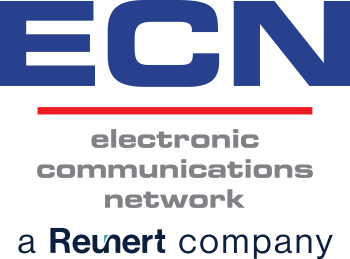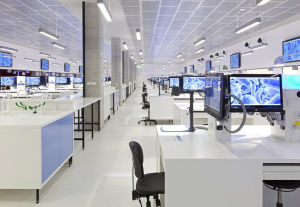The announcement by South African president, Cyril Ramaphosa, that the country’s education system will be receiving a much-needed technological boost highlights the importance of digitisation in this sector. And for those in tertiary institutions, the need for reliable internet connection is paramount. Fibre optic is currently the best option on the market, and here is how it can benefit those in the tertiary sector.
Business Fibre
1. Speed and reliability
The speed of fibre optic means that even when hundreds – or thousands – of students are using the internet simultaneously, there is no lag in connection. For those over-stressed individuals working towards a tight assignment deadline, this can be the different between a pass or fail. In addition to the enhanced speed, fibre optic is significantly more reliable than copper. It is not susceptible to weather conditions, electrical or human interference which makes internet access consistent.
2. Signal strength
With traditional broadband internet, the further away the user moves from the switch, the lower the signal strength. In a big organisation such as a college or university, this can prove an insurmountable problem. Fibre optics, however, provide sufficient signal strength across much larger facilities.
Read more: A guide to Business Fibre
3. Resource access and storage
Students rely on research and storage capacity for studies. This can prove problematic for tertiary institutions where space is at a premium. With speed and bandwidth capabilities, fibre means faster access to data in the cloud. Traditional libraries can now be digitised – saving on space for institutions, and time for students.
4. Data security
The wealth of data stored by institutions makes them a prime target for would-be-hackers. Personal information and intellectual property are at risk of theft if online security is not considered. Because fibre optic cables cannot be physically interfered with – they will cut the connection if damaged – there is less risk of cybertheft.
Read more: Business Fibre for hotels
5. Distance learning
Many tertiary institutions offer distance learning and this is only made possible with a reliable internet connection. Obviously, the individual student will need to ensure his/her connection is
functional and the best way to do this is by installing fibre optics. This allows for video conferencing with other students, tutors and lecturers. Even for traditional tertiary institutions, there is much demand for video conferencing, making fibre optics the preferred choice.
6. Enhanced administration
The day-to-day running of any tertiary institution requires enormous administrative duties which can all be performed online – with reliable internet. Fibre optics will drastically increase the speed at which tasks can be performed and streamline the running of the institution overall.
7. Cost savings
Although there is an initial cost when installing fibre optics, the long-term cost savings make it the superior option for tertiary institutions. When compared with traditional cabling, there is minimal maintenance required, and the enhanced performance makes for a more efficient business. With the financial concerns suffered by so many tertiary institutions countrywide, these cost savings are worth considering.
The benefits of fibre optics for those entering the education sector as students, as well as those working within the industry, are numerous. It’s important to work with a reliable service provider, particularly one with experience within the industry, to ensure you get the most out of your fibre optic connection.
ECN is a leading telecommunications partner in South Africa. ECN offers a broad set of cost effective voice, data and hosted services to meet our customers ever growing technological needs. Our market leading fibre solutions provide our customers with the option of replacing their existing voice service provider to substantially reduce their monthly telecommunications bill. Contact ECN today for leading telecommunications solutions.

